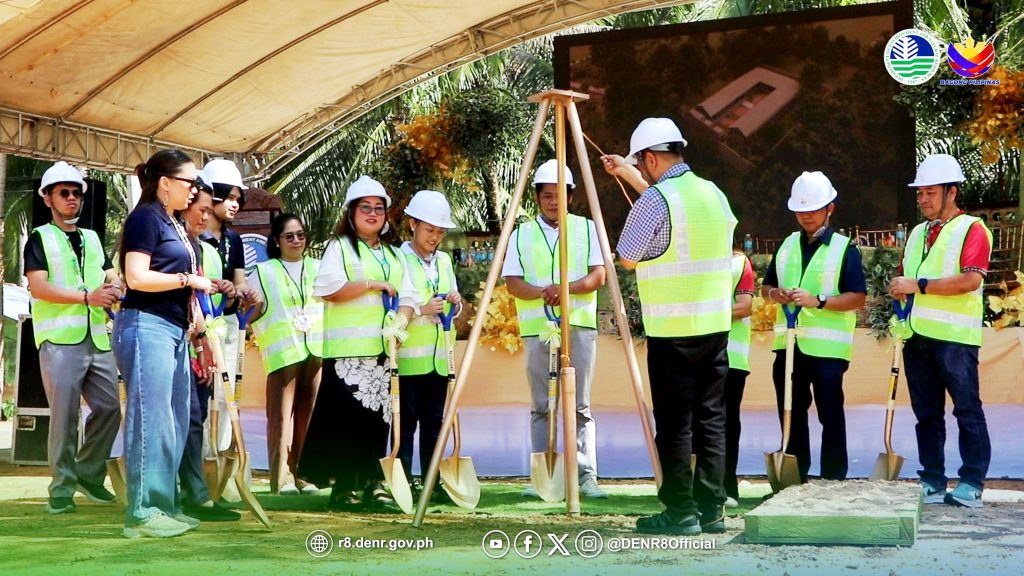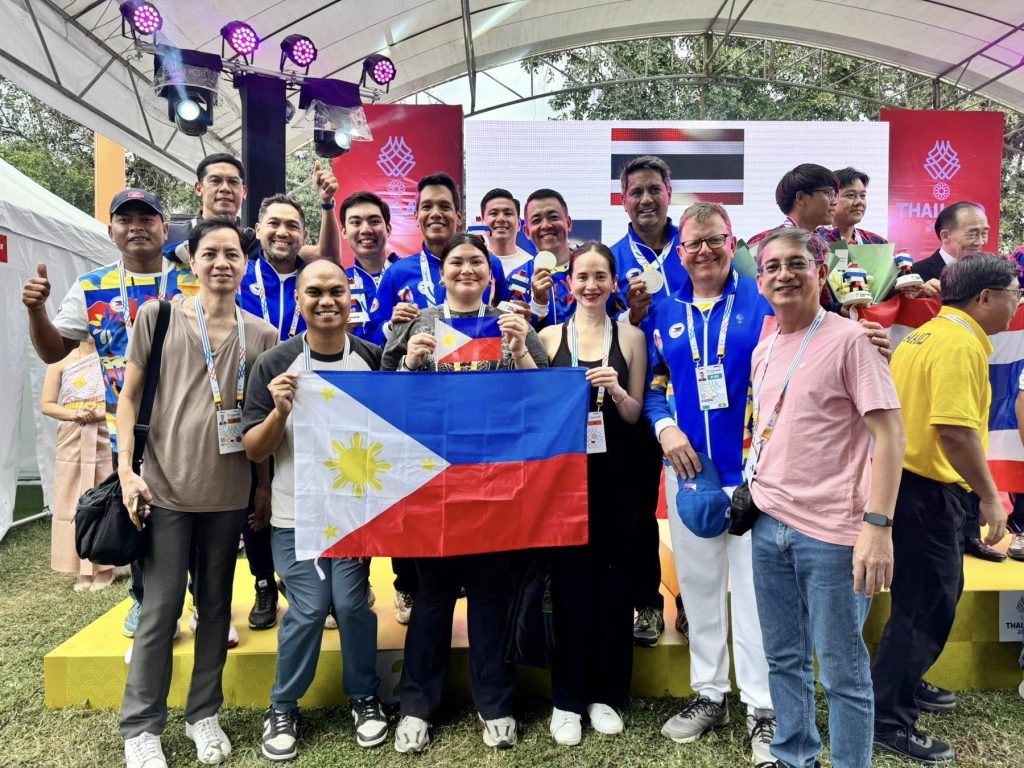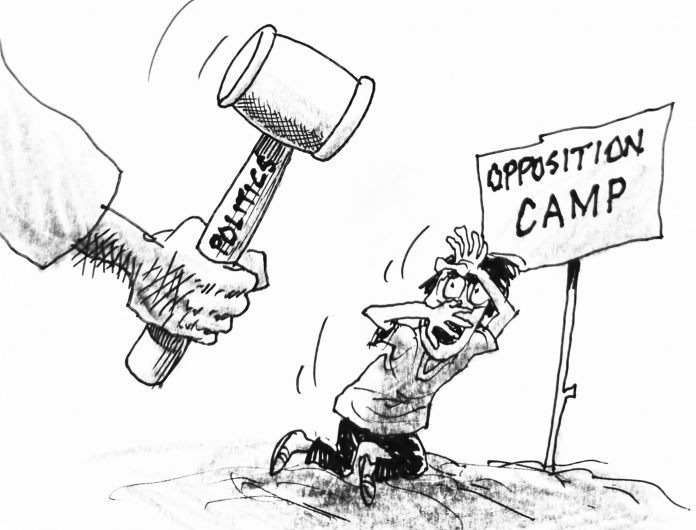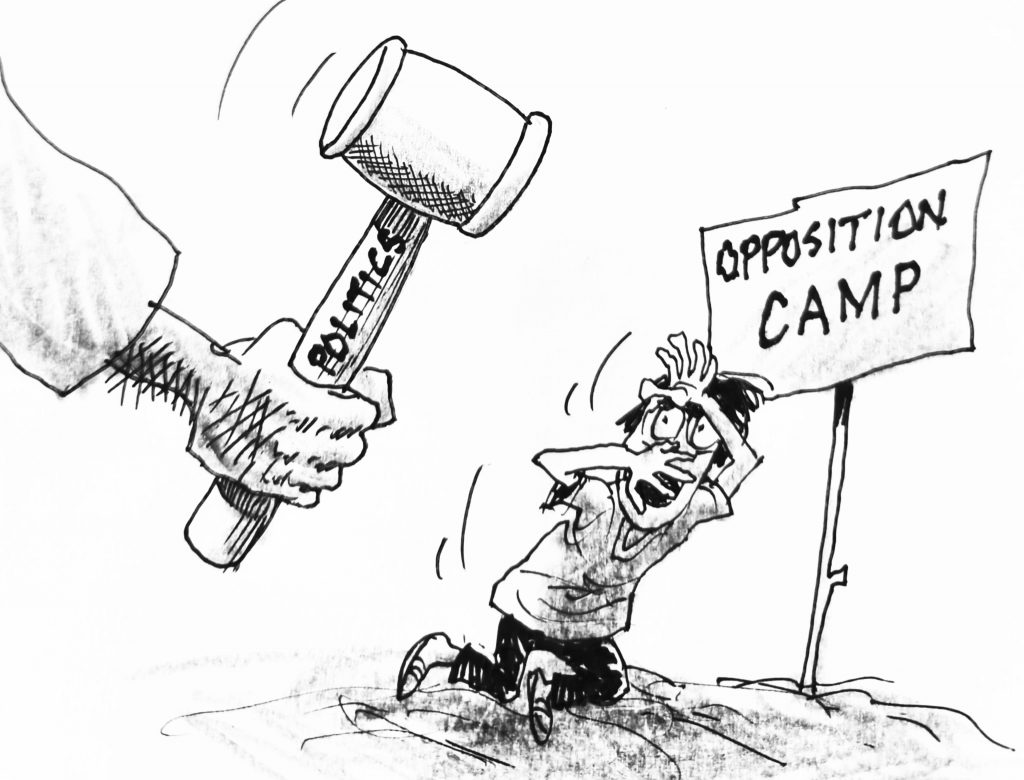
TACLOBAN CITY — To ensure transparency and quality in government-funded infrastructure, the Department of the Interior and Local Government (DILG) Northern Samar conducted an on-site inspection of a solar streetlight project along the Samar-Pacific Coastal Road in Catubig town.
The inspection, carried out through the DILG’s Project Development and Management Unit (PDMU) in coordination with the provincial government of Northern Samar, covered the fiscal year 2024 Seal of Good Local Governance Incentive Fund (SGLGIF)-funded project titled “Construction/Installation of 28 solar streetlights along Samar-Pacific coastal road” in Barangay Tangbo, Catubig.
During the visit, the inspection team confirmed that all 28 solar streetlight units, including the required permanent project markers, had been fully installed in accordance with approved plans and specifications.
However, inspectors also recorded several observations requiring corrective action. Two of the installed streetlights were found to be non-functional at the time of inspection. The Provincial Engineering Office (PEO) committed to immediately assess the affected units and carry out the necessary repairs to ensure proper operation.
The team also issued additional recommendations to address other minor concerns noted during the inspection.
The activity was led by PDMU Team Leader Engr. Rodie Jay Doroja, with PEO II Rosalie Madrid and PEO II Josef Mikhail Aniban joining the inspection. Also present were Provincial Engineering Office personnel, including Project Engineer Oliver Magno, Resident Engineer Jyrwyn Dominice, Electrical Inspector Engr. Jayson Carias, and Project In-Charge Engr. Pio Martin Maofrino.
The SGLGIF is awarded to local government units that successfully pass the Seal of Good Local Governance assessment, recognizing excellence in public service delivery, transparency, and good governance.
(ROEL T. AMAZONA)










